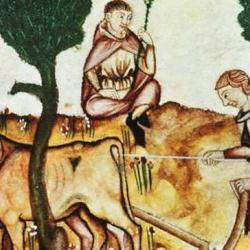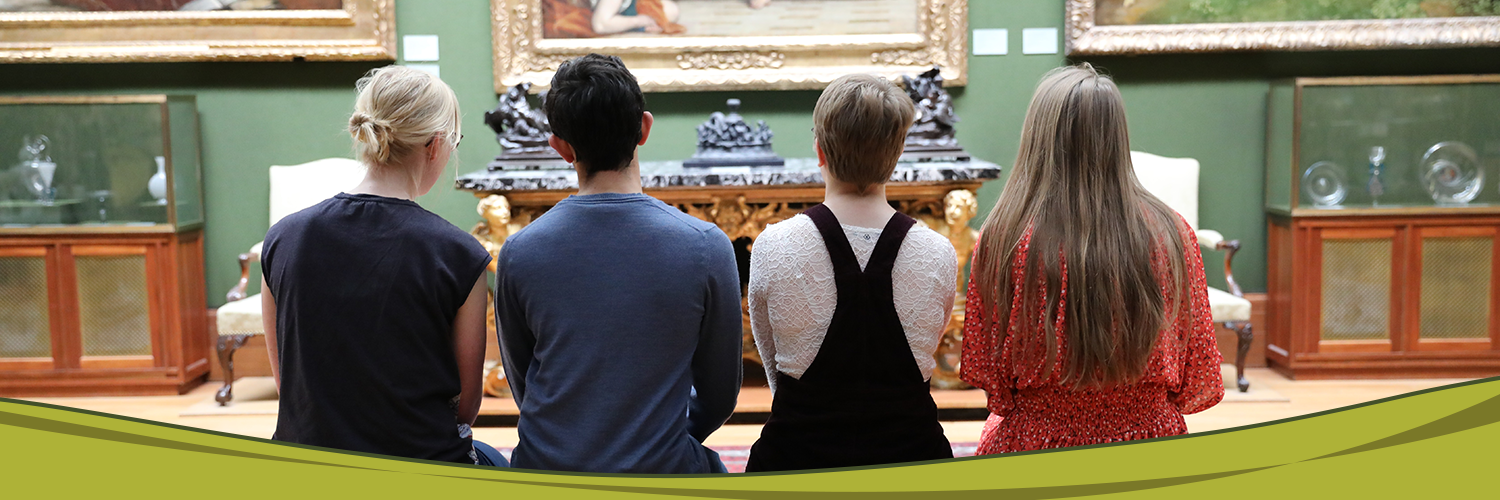The project does not in itself aim to produce a detailed ‘history’ but rather to allow collaboration between historians of different geographical zones to exchange knowledge regarding the fundamental bases of enquiry – the nature of the surviving source base, the major currents of interpretation – in order to refine what questions could subsequently be addressed in a meaningful fashion.
The thematic areas to be considered include:
- how one might explore a ‘global history’ for the many, in a comparative rather than in the networked/connected sense that currently predominates;
- what spaces of agency, within what structures of subjugation, might have existed for the premodern peasantry, whether individual or collective. Such agency might be economic (the ability to generate surplus), technological (the development of agricultural techniques), or political (collective action); and
- what wider issues or structures inflected the experience of peasant lives, beyond those of the economy?
Issues of climate, environment, gender, cultural/religious are likely to be important factors for exploration. The Past & Present Society has agreed to fund a final conference as a capstone to the networking project and is interested in publishing a selection of essays arising, as a Special Issue for the journal, to be edited by Prof John H Arnold (History) and his main collaborator Dr Rob Portass (University of Lincoln, previously Visiting Fellow at King’s).
Project benefits
The benefits to HSS from the network are firstly in terms of developing collaborative research skills both within Cambridge, and in collaboration with colleagues elsewhere, that will feed back into existing research projects undertaken by individual researchers.
Secondly, however, the network aims to provide a foundation for much larger collaborative research funding bids, having refined some of the approaches and analytical techniques in preparation.
Thirdly, if successful to any meaningful extent, the project would establish Cambridge as leading the way for an importantly different mode of addressing the ‘global middle ages’, which is currently a much contested, rather amorphous but also deeply exciting development in UK, US and European research. It would potentially leapfrog Cambridge into taking an international lead on one neglected aspect of ‘going global’ for premodern studies.
Project use of HSS Interactive Mapping Tool for Networks & Research Collaborations
As it deals with ‘the peasantry’ – a deliberately and necessarily vague term – and with issues of environmental change and development, there are likely to be opportunities to interact with other areas of HSS expertise for example in Land Economy, in Archaeology, in Geography and so forth. The mapping tool allows us to make our international contacts visible to other researchers; we would also hope to be able to benefit from methodological and interpretive techniques developed elsewhere in HSS, where they relate to agricultural producers and rural dwellers.
One potential contribution within and beyond Cambridge, assisted by the Mapping Tool, will be subsequent funding bids to AHRC, ESRC (and ERC if we’re still allowed) for follow-on comparative project grants, focussed on more substantive aspects arising: for example,
- environmental adaptations of the pre-modern peasantry in a global context,
- pre-modern peasant economic and political agency in global comparative perspective.




